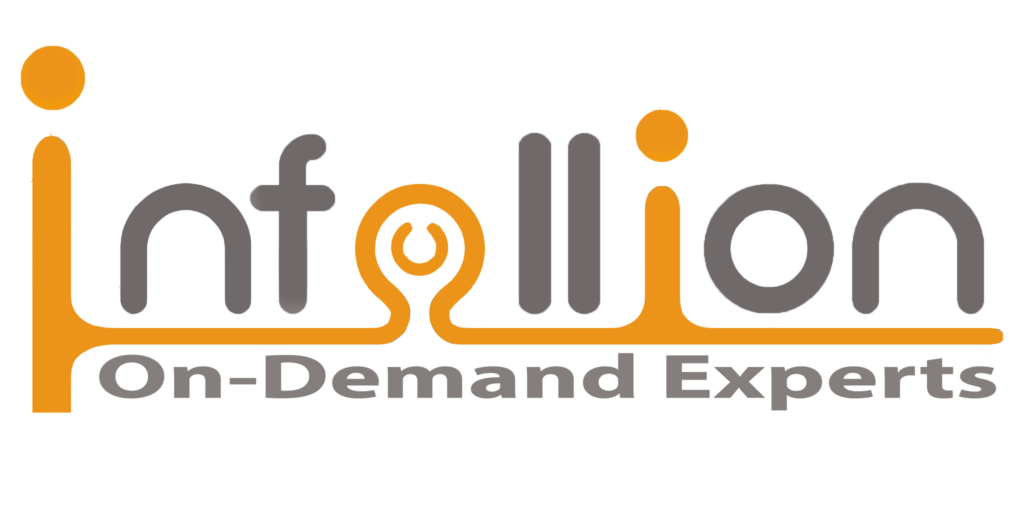Program Overview
The Leadership in a Hybrid & Remote World — With Digital Collaboration Simulation program enables leaders to adapt their leadership styles, communication strategies, and collaboration frameworks to excel in the new world of hybrid and remote work. Delivered by an industry expert with over 25 years of leadership and transformation experience, this one-day immersive program blends behavioral insights with digital fluency, equipping leaders to build trust, drive accountability, and sustain engagement across geographically distributed teams. Through live simulations, participants experience the dynamics of digital collaboration, hybrid decision-making, and performance management—gaining practical strategies to foster inclusion, agility, and productivity in a virtual workplace.
Features
- Lead hybrid and remote teams with trust, clarity, and inclusion.
- Enhance collaboration and engagement using digital tools and techniques.
- Manage performance, accountability, and well-being in virtual setups.
- Apply adaptive leadership to navigate hybrid challenges and opportunities.
Target audiences
- Functional & Team Leads
- Business Leads
- Project Managers
- HR & L&D Leads
Curriculum
- 5 Sections
- 24 Lessons
- 1 Day
- Redefining Leadership in a Hybrid World5
- 1.1The evolution of work: from physical proximity to digital presence
- 1.2Key leadership mindsets for hybrid and remote ecosystems – trust over control, outcomes over activity
- 1.3Balancing empathy, accountability, and performance in distributed teams
- 1.4Core concepts: Digital Dexterity, Leadership Presence Online, Asynchronous Collaboration, Digital Burnout
- 1.5Discussion: What’s changed for leaders post-pandemic?
- Building Trust, Communication & Engagement in Distributed Teams5
- 2.1The psychology of virtual trust – bridging the “distance bias” and “proximity privilege.”
- 2.2Communicating with clarity and empathy across hybrid setups.
- 2.3Reinventing engagement rituals: digital town halls, micro-feedback loops, peer recognition online.
- 2.4Case studies: Microsoft’s hybrid collaboration model, GitLab’s remote-first culture.
- 2.5Exercise: Virtual Empathy Mapping – identifying hidden engagement barriers in your team
- Digital Collaboration Tools & Ecosystem Thinking5
- 3.1Understanding the digital workspace ecosystem – Microsoft Teams, Miro, Slack, Asana, Notion, Zoom, Trello, and digital whiteboards
- 3.2Collaboration frameworks: synchronous vs asynchronous workflows, knowledge documentation, shared ownership models
- 3.3Key words: Digital Fluency, Collaboration Equity, Hybrid Meeting Fatigue, Cognitive Load Management
- 3.4Real-Life Example: Google’s “Hybrid Collaboration 2.0” initiative for distributed innovation
- 3.5Hands-on Exercise: Collaborative problem-solving task using digital tools (e.g., Miro + Teams + Asana)
- Managing Performance, Accountability & Well-being Virtually5
- 4.1Setting SMART outcomes and OKRs for hybrid teams
- 4.2Measuring productivity beyond visibility — impact metrics, trust-based dashboards, autonomy frameworks
- 4.3Managing digital fatigue, burnout, and wellness through empathy and flexibility
- 4.4Case Study: Salesforce’s “Work from Anywhere” culture and leadership dashboards
- 4.5Group Exercise: Redesign team’s performance scorecard for hybrid work
- Simulation – Leading in a Digital Collaboration Environment4
- 5.1Digital Leadership Simulation: Participants take leadership roles in a virtual crisis scenario involving cross-functional collaboration
- 5.2Simulate decision-making, communication, and stakeholder alignment using digital tools
- 5.3Debrief: Analyze leadership patterns, biases, and digital readiness levels
- 5.4Discussion: Building a Future-Ready Hybrid Leadership Playbook






